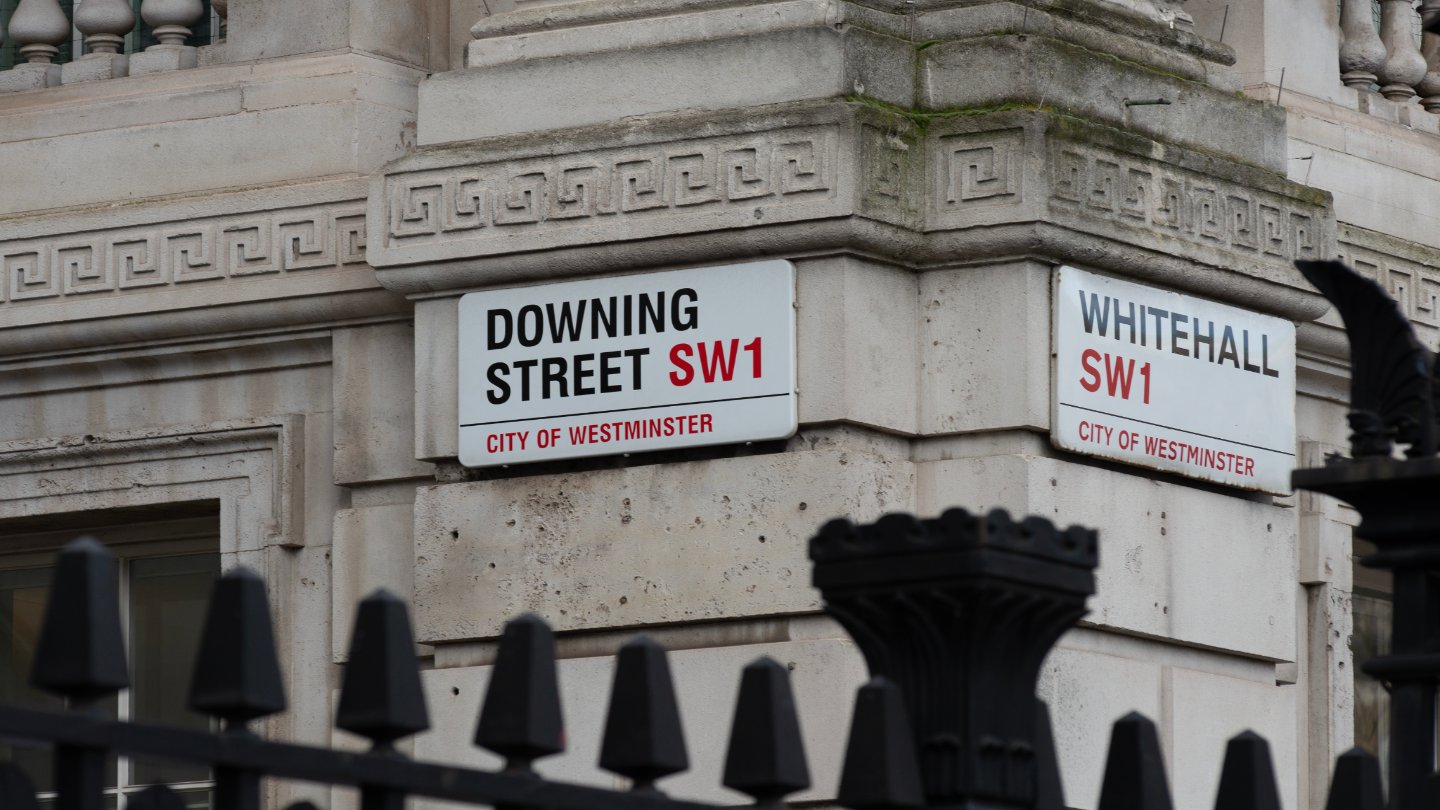
UK government faces skills gap in digital reform efforts, says PAC report

The UK Public Accounts Committee (PAC) has raised concerns about the government’s ability to implement digital reforms, highlighting a significant gap in skills and understanding of the challenge ahead. In its latest report, the PAC has criticised the central government for not fully recognising the scale of reform needed to address persistent issues in digital procurement.
According to the PAC, the government’s digital transformation projects have faced frequent setbacks. The committee has cited the electronic tagging programme by HM Prison & Probation Service as an example of cost overruns due to procurement challenges.
“The government is talking a big game in digitally evolving Whitehall, but we are concerned that it is not yet fully cognizant of the pace at which it will need to adapt to keep up with the wider digital and AI revolution,” said PAC Chair Sir Geoffrey Clifton-Brown. “Technological change was encompassed in the nineteenth century by electricity, the twentieth century by the internet, and in the twenty-first century, it will be by AI.”
The Government Commercial Function (GCF), responsible for awarding contracts and managing the annual £14bn spend with technology suppliers, is noted to have only 15 individuals dedicated to managing these relationships full-time. The report suggests this number is insufficient, given the rapid changes required to adopt emerging technologies like AI and shift from outdated systems.
The report highlights the government’s insufficient skills to manage its extensive digital needs. Although a new Digital Commercial Centre of Excellence aims to enhance digital capabilities, it will be staffed by just 24 experts compared to 6,000 general commercial personnel across the government. The PAC anticipates assessing the government’s plan to enhance the digital skills of these 6,000 employees.
A key focus of the report is leveraging the government’s spending power with technology suppliers. Historically, competition among suppliers has been used to exercise this power. However, market consolidation has restricted choice, dominated by a few large suppliers. The report calls for comprehensive changes in how digital commercial activities are managed to reflect current market realities and improve collaboration between central government and departments.
Persistent failures in digital initiatives demand strategic overhaul, says PAC
Major digital transformation initiatives have often failed, leading to excessive taxpayer expenses and hindering governmental objectives. The government aims to modernise its legacy systems while exploring opportunities with new technologies like AI, which may have transformative effects comparable to the Industrial Revolution. Successful reform requires more than in-house capabilities, and partnerships with digital suppliers are crucial, said the report.
The PAC remains unconvinced that the GCF fully grasps the necessary reforms for resolving persistent problems in digital procurement. A new GCF head presents an opportunity to address these challenges, particularly amid technological advancements and legacy IT system modernisation needs. Clarification of roles within digital procurement is urged between the Cabinet Office and DSIT. Additionally, there is a call for clarity on how GCF and GDS will collaborate on digital matters and manage relationships with suppliers effectively.


